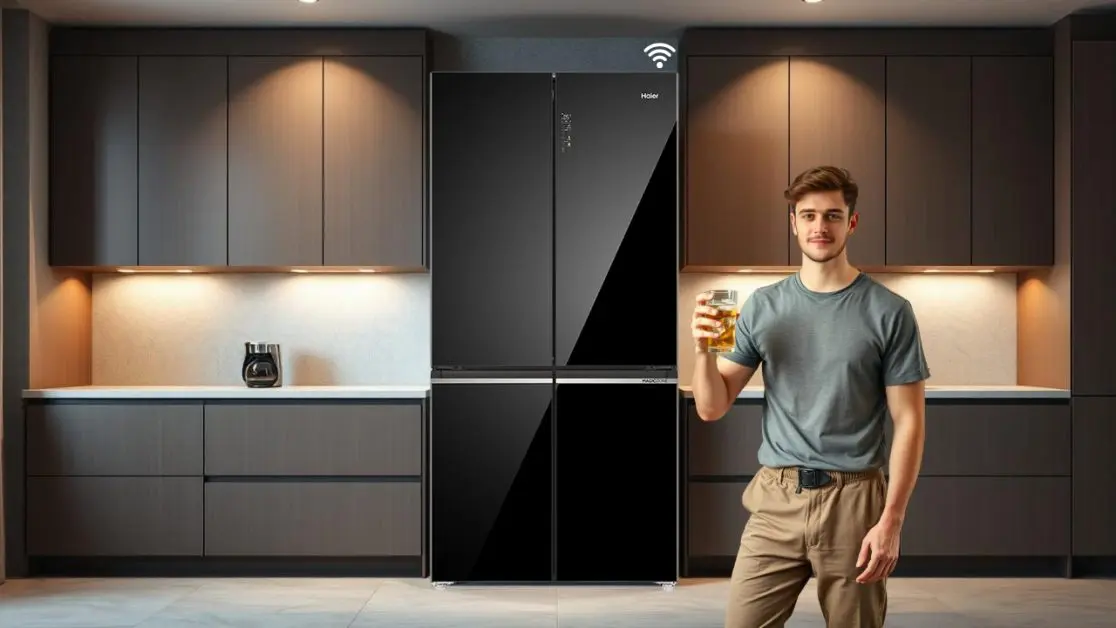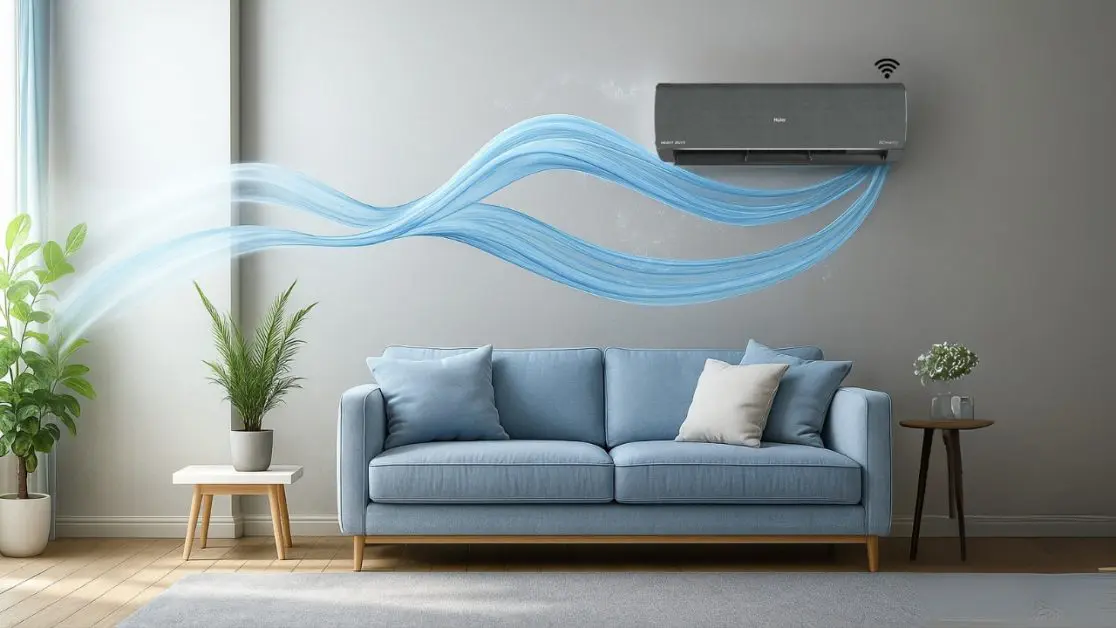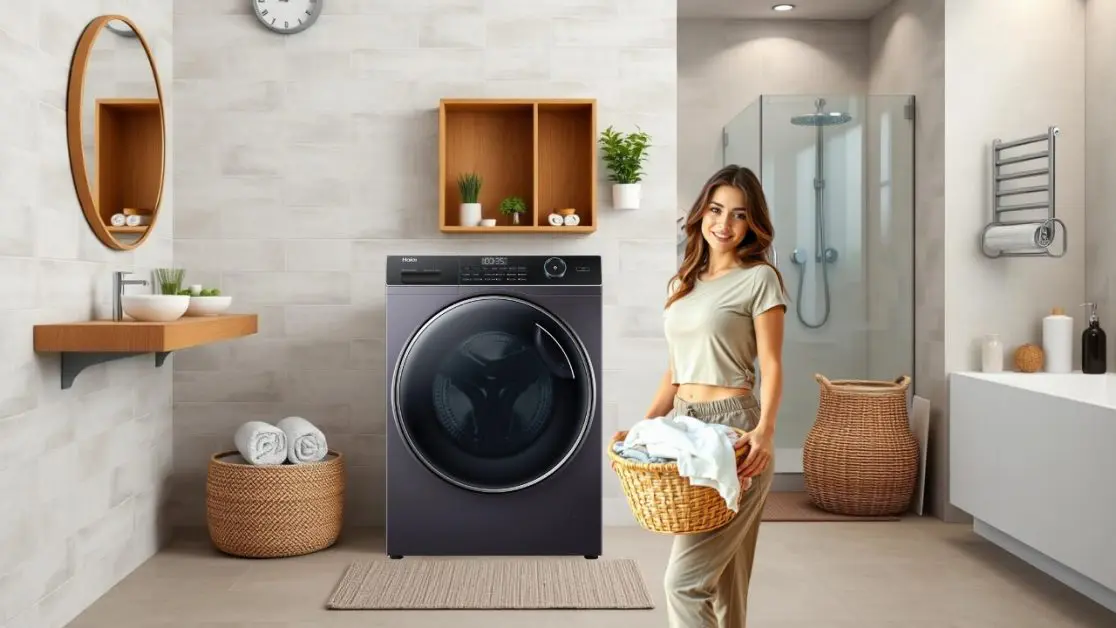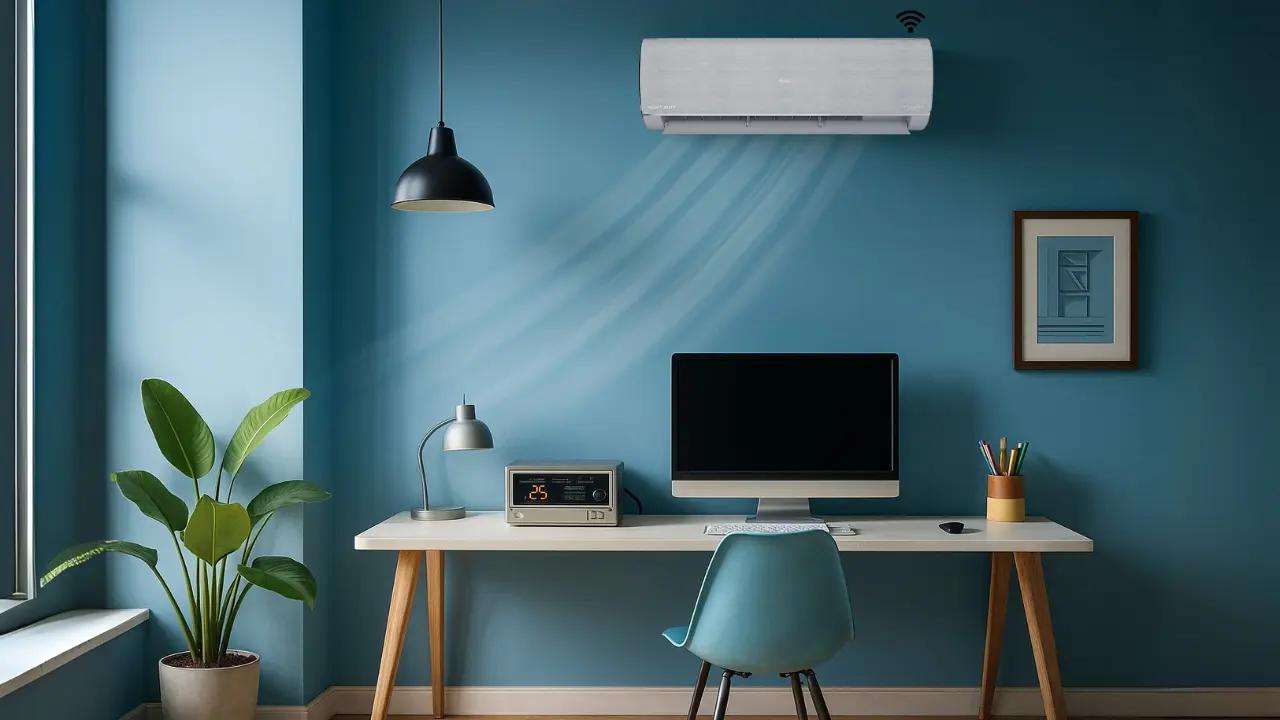What if comfort wasn’t a luxury, but a strategy?
When Salman Khan told Kapil Sharma he’s working through a brain aneurysm and AV malformation, the room laughed awkwardly. It sounded like a punchline. But it wasn’t. It was a quiet admission in the middle of a chaotic stage.
And just like that, a health headline turned into a cultural mirror.
Because this isn’t just about a Bollywood superstar’s resilience.
It’s about what we all ignore until it’s too late:
We don’t build for peace. We survive for performance.
Our bodies are shouting. Our homes are whispering

We expect our minds to multitask, our bodies to hustle, and our schedules to compress. All while surrounded by appliances designed to “do more”, not help us feel more.
There’s a difference.
One type of home runs on features.
The other restores your nervous system.
So the real question isn’t “How many wash cycles does your machine have?”
It’s this:
Does your home reduce your blood pressure, or raise it?
Let’s get honest about what stress feels like
It’s not always a panic attack or sleepless night.
Sometimes, it’s:
- The fridge door not closing properly again
- The AC restarting at 2 AM with that annoying beep
- The washing machine that sounds like a plane taking off
In other words, it’s death by 100 tiny frictions.
Which means peace isn’t about spa days or Himalayan retreats.
It’s about removing the daily micro-aggressions of broken systems.
Comfort isn’t passive. It’s powerful.

When an AC learns your preferences and adjusts automatically, it’s not just smart tech.
It’s emotional ergonomics.
When your washing machine runs silently while you nap, that’s not a perk.
That’s posture therapy for your nervous system.
When your fridge preserves food and your calm during power cuts, it’s not storage.
It’s resilient design.
One option: keep hustling until your body files a complaint.
The second: build your peace into your surroundings.
We talk a lot about health as if it’s separate from the environment.
But here’s the system truth:
Your home is either working for your body, or quietly against it.
And in a country like India, where urban noise, erratic power, and rising temperatures conspire daily, your appliances aren’t just conveniences.
They’re your frontline of recovery.
So how do we redesign peace? Start here.

1. Quiet is non-negotiable.
Your machines shouldn’t sound like a factory. Choose tech like Direct Motion washing motors that operate in near silence.
2. Predictive comfort is smarter than reactive cooling.
AI-enabled ACs like the Gravity Series track your habits. They don’t wait for you to sweat, they preempt it.
3. Adaptability is emotional insurance.
Refrigerators like the Lumiere Series offer convertible compartments. So when monsoon messes up your grocery runs, your storage adjusts, without drama.
4. Connectivity is not about control. It’s about calm.
Apps like HaiSmart let you command your appliances without leaving the bed, pausing your movie, or interrupting your child’s sleep.
Peace looks like this:
- You walk into a room and the temperature is already right.
- You open your fridge and your milk isn’t spoiled after a power cut.
- You hear the rain outside, not the spin cycle inside.
- You don’t dread your to-do list because your appliances are taking care of theirs.
What Salman Khan reminded us, accidentally or not, is that health is always backstage
It’s the thing we postpone. Background.
Until it steps into the spotlight uninvited.
So maybe that’s the lesson.
Don’t wait for an MRI to start designing for peace.
Start where you stand. Start with what you touch every day.
Start with your home.
And if you’re wondering where to begin, start with appliances that already understand this
Haier India’s comfort-first appliances, from ultra-quiet front-load washers to AI-powered air conditioners and power-cut-proof refrigerators, aren’t just tech upgrades. They’re your wellness infrastructure.
Designed not just to work, but to restore.Because peace shouldn’t be something we earn.
It should be something we live in.

